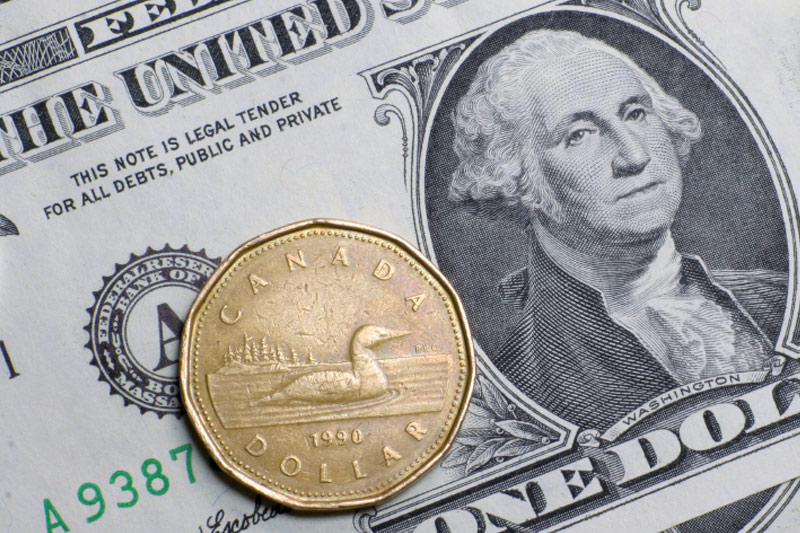Investing.com - The U.S. dollar slid to session lows against the Canadian dollar on Thursday, after data showed that the annual rate of Canadian inflation rose to the highest since June 2012 in March.
USD/CAD touched lows of 1.0991 and was last down 0.15% to 1.0995.
The pair was likely to find support at 1.0958, Wednesday’s low and resistance at 1.1032, Wednesday’s high and an almost two-week high.
The loonie, as the Canadian dollar is also known, was boosted after Statistics Canada reported that the annual rate of consumer inflation rose to 1.5% last month from 1.1% in February, led higher by a jump in energy costs and cigarettes. This was slightly ahead of expectations for an increase to 1.4%.
On a month-to-month basis, Canadian consumer prices climbed 0.6%, compared to expectations for a 0.4% rise, mostly due to higher gasoline prices.
Core inflation, which strips out more volatile items like energy costs, rose 1.3% from a year earlier and was up 0.3% on the month, in line with forecasts.
The loonie fell to almost two-week lows against the dollar on Wednesday after the Bank of Canada left rates on hold at 1.00% and said the future direction of monetary policy would continue to be data dependent.
In the U.S., the Labor Department reported that the number of individuals filing for initial jobless benefits in the week ending April 11 rose by 2,000 to a seasonally adjusted 304,000 from the previous week’s upwardly revised total of 302,000.
Analysts had expected jobless claims rise to 315,000.
The greenback remained softer after Federal Reserve Chair Janet Yellen said Wednesday that monetary policy will need to remain accommodative for some time, citing slackness in the labor market and low inflation.
Elsewhere, the loonie was slightly lower against the euro, with EUR/CAD easing up 0.11% to 1.5229.
